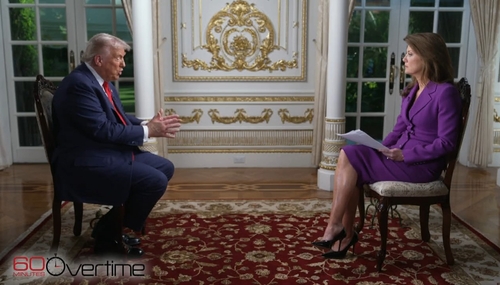An Italian film crew claims that the US military indiscriminantly blanketed civilians in Fallujah with the white phosphorus during last year's assault on the city. The Denver Post picks up the Colorado angle on the white phosphorus non-story, and while it impeaches the credibility of the film's star witness, it buries the lead, and leaves most of the background fabrications intact.
Here's the big news. The "witness," Jeff Englehart, can only claim to know that 1) white phosphorus was used in the attack, and 2) someone inside the city got caught in it:
Englehart said Thursday that some of his statements were taken out of context. He maintained that he believes white phosphorus killed civilians, though he never saw anyone burned by it while in Fallujah.
"I never personally did," he said. "That's where the ... documentary misquoted me. They took that out of context."
...
"I know I heard it being called for on the radio. That's the only proof that I have, and I talked to a reconnaissance scout after the siege while we were still in Fallujah. He said they called in for white phosphorus on human targets," Englehart said.
Englehart said an Italian reporter asked him during a five-hour interview in August whether he had seen innocent civilians killed in Iraq. Englehart said he had. Englehart said the producers of the Italian documentary took his answer to that question and edited it in after a question from a reporter about whether he had seen women and children killed by white phosphorus.
"It wasn't very good journalism," Englehart said. "It's about 80 percent true."
Sounds to me like it's about 0% true. It ought to be the lead of the story, and it ought to be the headline.
(Also, Washington Post military affairs blogger William Arkin takes the claims at face value, while appearing to hedge his bets on its legality. He lumps various governmental responses together, assuming that any given briefer has perfect information, and that, for instance, the State Department can speak for the DoD. According to this logic, I suppose I should just skip the intermediaries and claim that the WaPo takes the claims at face value. Naturally, if white phosphorus isn't a chemical weapon - and it factually isn't - then we would deny having used "chemical weapons," until it became clear what the hell the accusation is.)
But again, as with so many attempts to turn the US Military into a marauding gang of war criminals, there's just no there there.
Here's the DenPo again:
The use of white phosphorus is not banned but is covered by Protocol III of the 1980 Convention on Certain Conventional Weapons. The protocol prohibits use of the substance as an incendiary weapon against civilian populations and in air attacks against military forces in civilian areas. The U.S. is not a signatory to the convention.
Here's Snapping Turtle on that:
I've seen a lot of people claiming that the 1980 Incendiary Weapons protocol of Geneva forbids the use of white phosphorus against civilians. It does not. It forbids the use of "incendiaries," and specifically excludes weapons like WP where the incendiary effect is a secondary effect of smoke production (incendiary weapons by definition are those weapons designed to create fires... WP occasionally will start fires, but it's not very reliable in that role... generally it just creates a lot of smoke). Whether the U.S. has signed it or not is irrelevant.
As for how the weapon was used, there's been some confusion. Apparently, the State Department, as the Turtle puts it, managed to make things worse by confusing phosphorus with magnesium, and claiming rounds that make smoke were being used for illumination. (Cough.) The military claims that it was using WP to smoke out defenders from hardened positions, and it's certain that some of those defenders happened to be standing a little too close to those shells when they went off. This is a perfectly legitimate use of WP.
For further common-sense rebuttals, see tjic and Mudville Gazette.
Cross-Posted at View From a Height.



